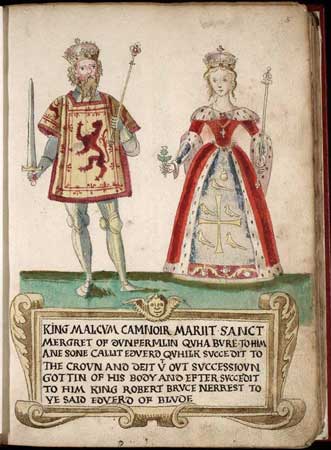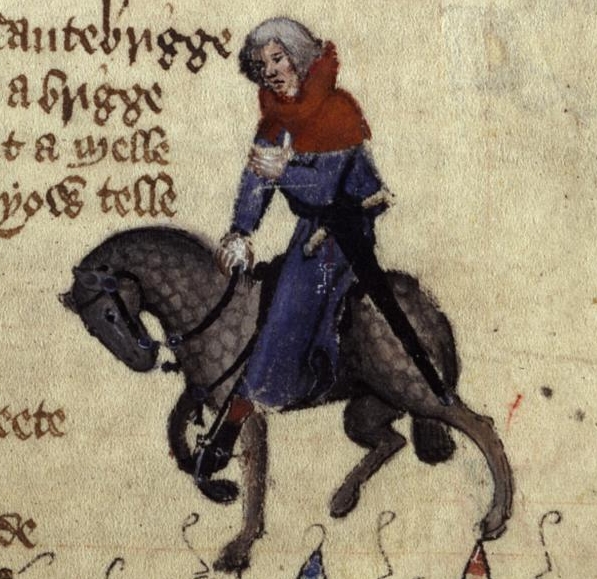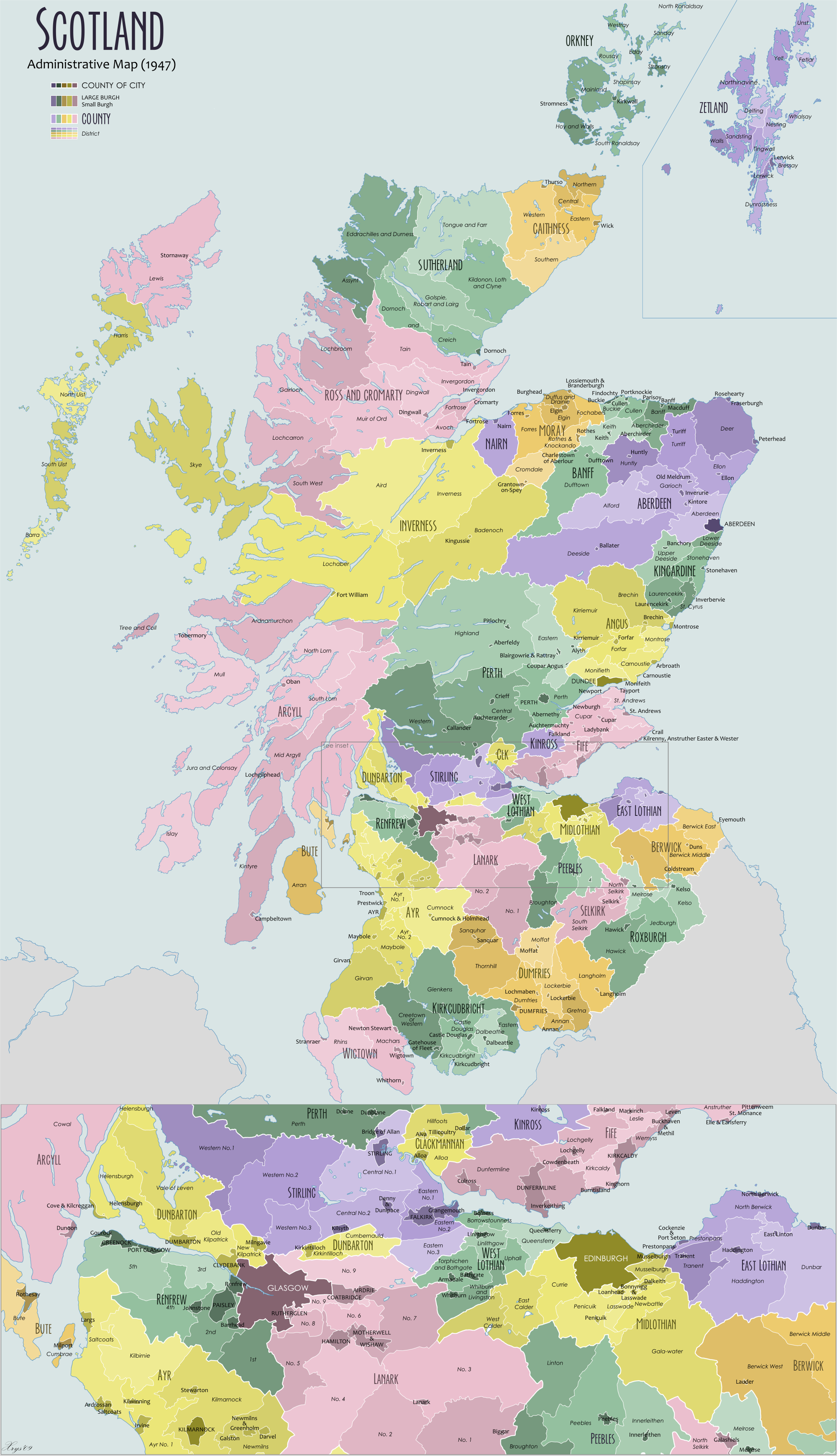|
Local Government In Scotland
Local government in Scotland comprises thirty-two local authorities, commonly referred to as ''councils''. Each council provides public services, including education, social care, waste management, libraries and planning. Councils receive the majority of their funding from the Scottish Government, but operate independently and are accountable to their local electorates. Councils raise additional income via the Council Tax, a locally variable domestic property tax, and Business rates, a non-domestic property tax. Councils are made up of councillors who are directly elected by the residents of the area they represent. Each council area is divided into a number of wards, and three or four councillors are elected for each ward. There are currently 1,227 elected councillors in Scotland. Local elections are normally held every five years and use the single transferable vote electoral system. The most recent election was the 2022 Scottish local elections and the next election w ... [...More Info...] [...Related Items...] OR: [Wikipedia] [Google] [Baidu] |
Public Service
A public service or service of general (economic) interest is any service intended to address the needs of aggregate members of a community, whether provided directly by a public sector agency, via public financing available to private businesses or voluntary organisations, or by private businesses subject to government regulation. Some public services are provided on behalf of a government's residents or in the interest of its citizens. The term is associated with a social consensus (usually expressed through democratic elections) that certain services should be available to all, regardless of income, physical ability or mental acuity. Examples of such services include the fire services, police, air force, paramedics and public service broadcasting. Even where public services are neither publicly provided nor publicly financed, they are usually subject to regulation beyond that applying to most economic sectors for social and political reasons. Public policy, when made ... [...More Info...] [...Related Items...] OR: [Wikipedia] [Google] [Baidu] |
Majority Government
A majority government is a government by one or more governing parties that hold an absolute majority of seats in a legislature. Such a government can consist of one party that holds a majority on its own, or be a coalition government of multiple parties. This is as opposed to a minority government, where the government doesn't have a majority, and needs to cooperate with opposition parties to get legislation passed. A government majority determines the balance of power. A government is not a majority government if it only has a majority when counting parties outside the government that have a confidence agreement with it. A majority government is usually assured of having its legislation passed and rarely if ever, has to fear being defeated in parliament, a state also known as a working majority. In contrast, a minority government must constantly bargain for support from other parties in order to pass legislation and avoid being defeated on motions of no confidence. Single- ... [...More Info...] [...Related Items...] OR: [Wikipedia] [Google] [Baidu] |
Celt
The Celts ( , see Names of the Celts#Pronunciation, pronunciation for different usages) or Celtic peoples ( ) were a collection of Indo-European languages, Indo-European peoples. "The Celts, an ancient Indo-European people, reached the apogee of their influence and territorial expansion during the 4th century BC, extending across the length of Europe from Britain to Asia Minor."; . "[T]he Celts, were Indo-Europeans, a fact that explains a certain compatibility between Celtic, Roman, and Germanic mythology."; . "The Celts and Germans were two Indo-European groups whose civilizations had some common characteristics."; . "Celts and Germans were of course derived from the same Indo-European stock."; . "Celt, also spelled Kelt, Latin Celta, plural Celtae, a member of an early Indo-European people who from the 2nd millennium bce to the 1st century bce spread over much of Europe." in Europe and Anatolia, identified by their use of Celtic languages and other cultural similarities.. "C ... [...More Info...] [...Related Items...] OR: [Wikipedia] [Google] [Baidu] |
Malcolm III Of Scotland
Malcolm III (; ; –13 November 1093) was List of Scottish monarchs, King of Alba from 1058 to 1093. He was later nicknamed "Canmore" (, , understood as "great chief"). Malcolm's long reign of 35 years preceded the beginning of the Scoto-Norman age. Henry I of England and Eustace III, Count of Boulogne were his sons-in-law, making him the maternal grandfather of Empress Matilda, William Adelin and Matilda I, Countess of Boulogne. All three of them were prominent in English politics during the 12th century. Malcolm's kingdom did not extend over the full territory of modern Scotland: many of the islands and the land north of the River Oykel were Scandinavian, and south of the Firth of Forth there were numerous independent or semi-independent realms, including the kingdom of Strathclyde and rulers of Bamburgh, Bamburgh, and it is not certain what if any power the Scots exerted there on Malcolm's accession. Throughout his reign Malcolm III led at least five invasions into Kingdom o ... [...More Info...] [...Related Items...] OR: [Wikipedia] [Google] [Baidu] |
Reeve (England)
In Anglo-Saxon England, a reeve (Old English: ) was an administrative official serving the king or a lesser lord in a variety of roles. After the Norman Conquest, it was an office held by a man of lower rank, appointed as manager of a manor and overseer of the peasants. In this later role, historian H. R. Loyn observes, "he is the earliest English specialist in estate management." Types ''Reeve'' is a general term that could refer to a variety of administrative officials. Royal reeves worked for the king, but nobles and bishops also employed reeves. Some reeves served as estate managers, while others held positions in towns and boroughs. Royal reeves In the late 7th and early 8th centuries, royal reeves oversaw royal estates. By the 10th century, royal reeves performed a variety duties in shires and hundreds. They enforced legislation and royal decrees. They presided over local courts, carried out police functions, and witnessed sales. A royal reeve's authority often ... [...More Info...] [...Related Items...] OR: [Wikipedia] [Google] [Baidu] |
Sheriff
A sheriff is a government official, with varying duties, existing in some countries with historical ties to England where the office originated. There is an analogous, although independently developed, office in Iceland, the , which is commonly translated to English as ''sheriff''. Description In British English, the political or legal office of a sheriff, term of office of a sheriff, or jurisdiction of a sheriff, is called a shrievalty in England and Wales, and a sheriffdom in Scotland. In modern times, the specific combination of legal, political and ceremonial duties of a sheriff varies greatly from country to country. * In England, Northern Ireland, or Wales, a sheriff (or high sheriff) is a ceremonial county or city official. * In Scotland, sheriffs are judges. * In the Republic of Ireland, in some counties and in the cities of Dublin and Cork, sheriffs are legal officials similar to bailiffs. * In the United States The United States of America (USA), ... [...More Info...] [...Related Items...] OR: [Wikipedia] [Google] [Baidu] |
Shire
Shire () is a traditional term for an administrative division of land in Great Britain and some other English-speaking countries. It is generally synonymous with county (such as Cheshire and Worcestershire). British counties are among the oldest extant national divisions in the world. It was first used in Wessex from the beginning of Anglo-Saxon settlement of Britain, Anglo-Saxon settlement, and spread to most of the rest of England in the 10th century. Today, 23 counties bear the "-shire" suffix in England, 23 in Scotland, and 10 in Wales. In some rural parts of Australia, a shire is a local government area; however, in Australia, it is not synonymous with a "county", which is a lands administrative divisions of Australia, lands administrative division. Etymology The word ''shire'' derives from the Old English language, Old English , from the Proto-Germanic language, Proto-Germanic (), denoting an 'official charge' a 'district under a governor', and a 'care'. In the UK, ' ... [...More Info...] [...Related Items...] OR: [Wikipedia] [Google] [Baidu] |
Sheriffdoms
A sheriffdom is a judicial district in Scotland, led by a sheriff principal. Since 1 January 1975, there have been six sheriffdoms. Each sheriffdom is divided into a series of sheriff court districts, and each sheriff court is presided over by a resident or floating sheriff (a legally qualified judge). Sheriffs principal and resident or floating sheriffs are all members of the judiciary of Scotland. History Before 1975 Sheriffdoms were originally identical to the shires of Scotland, originating in the twelfth century. Until the eighteenth century the office of sheriff was often hereditary, but this was ended following the unsuccessful Jacobite Rising of 1745. The Heritable Jurisdictions (Scotland) Act 1746 ( 20 Geo. 2. c. 43) revested the government of the shires in the Crown, compensating those office holders who were displaced. The Sheriffs (Scotland) Act 1747 ( 21 Geo. 2. c. 19) reduced the office of sheriff principal to a largely ceremonial one, with a sheriff depute or sh ... [...More Info...] [...Related Items...] OR: [Wikipedia] [Google] [Baidu] |
Counties Of Scotland
The counties or shires of Scotland () were historic subdivisions of Scotland. The shires were originally established in the Middle Ages for judicial purposes, being territories over which a Sheriff principal, sheriff had jurisdiction. They were distinct from the various older mormaerdoms, earldoms and other territories into which Scotland was also divided, which are collectively termed the provinces of Scotland by modern historians. The provinces gradually lost their functions, whereas the shires gradually gained functions. From the 16th century, the shires served as county constituency, constituencies, electing shire commissioners to the Parliament of Scotland. From 1667 each shire had Commissioners of Supply, commissioners of supply responsible for collecting local taxes; the commissioners of supply were subsequently given various local government functions as well. From 1797, the shires also served as areas for organising the militia, which was the responsibility of a lord-li ... [...More Info...] [...Related Items...] OR: [Wikipedia] [Google] [Baidu] |
Umbrella Organization
An umbrella organization is an association of (often related, industry-specific) institutions who work together formally to coordinate activities and/or pool resources. In business, political, and other environments, it provides resources and identities to the smaller organizations. In this kind of arrangement, it is sometimes responsible, to some degree, for the groups under its care. Umbrella organizations are prominent in Cooperative, cooperatives and in civil society, and can engage in advocacy or collective bargaining on behalf of their members. Examples * AFL–CIO and other national trade union centers * DD172 * Department of Public Safety * European Armenian Federation for Justice and Democracy * European Music Council * European Welding Federation, European Federation for Welding, Joining and Cutting (EWF) * Federation of Poles in Great Britain * Federation of Student Islamic Societies * Independent Sector * National Retail Federation * National Wrestling Alliance * Op ... [...More Info...] [...Related Items...] OR: [Wikipedia] [Google] [Baidu] |
Convention Of Scottish Local Authorities
The Convention of Scottish Local Authorities (COSLA) is the national association of Scottish councils and acts as an employers' association for its 32 member authorities. History Formed in 1975, COSLA exists to promote and protect the interests of the country's councils by providing a forum for discussion of matters of common concern. COSLA ascertains the views of member councils and communicates these to central government, other bodies and the public. It is the successor to the Convention of Royal Burghs, an organisation which dated back to the 12th century, but was dissolved after the local government changes of the 1970s. In 2015, four Labour-run local authorities ( Aberdeen City Council, Glasgow City Council, Renfrewshire Council and South Lanarkshire Council) left COSLA to form a new organisation, the Scottish Local Government Partnership. They all rejoined in 2017. Chief Executives * Jane O'Donnell (2023–present) * Sally Loudon (2016–2023) * Rory Mair ... [...More Info...] [...Related Items...] OR: [Wikipedia] [Google] [Baidu] |
Independent Politician
An independent politician or non-affiliated politician is a politician not affiliated with any political party or Bureaucracy, bureaucratic association. There are numerous reasons why someone may stand for office as an independent. Some politicians have political views that do not align with the platforms of any political party and therefore they choose not to affiliate with them. Some independent politicians may be associated with a party, perhaps as former members of it or else have views that align with it, but choose not to stand in its name, or are unable to do so because the party in question has selected another candidate. Others may belong to or support a political party at the national level but believe they should not formally represent it (and thus be subject to its policies) at another level. In some cases, a politician may be a member of an unregistered party and therefore officially recognised as an independent. Officeholders may become independents after losing or r ... [...More Info...] [...Related Items...] OR: [Wikipedia] [Google] [Baidu] |








